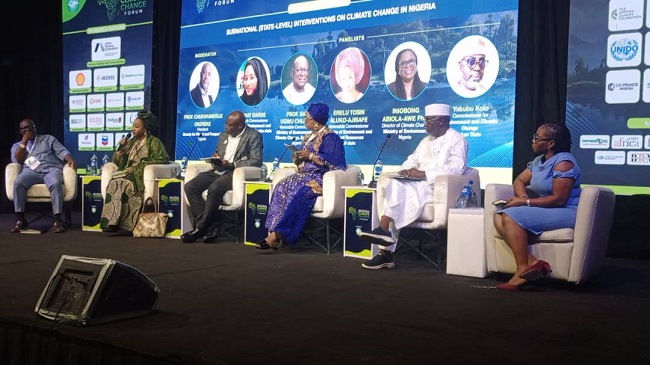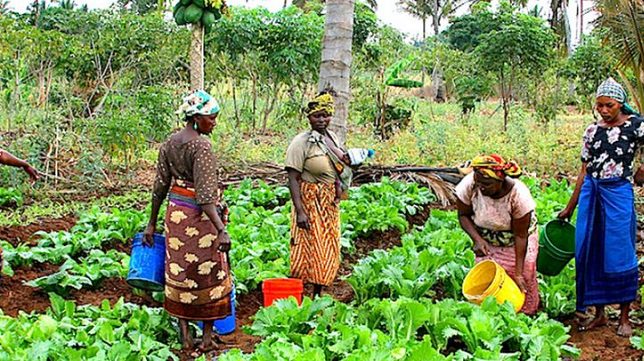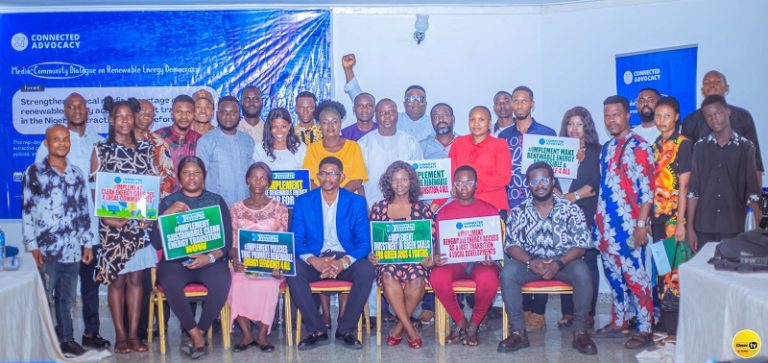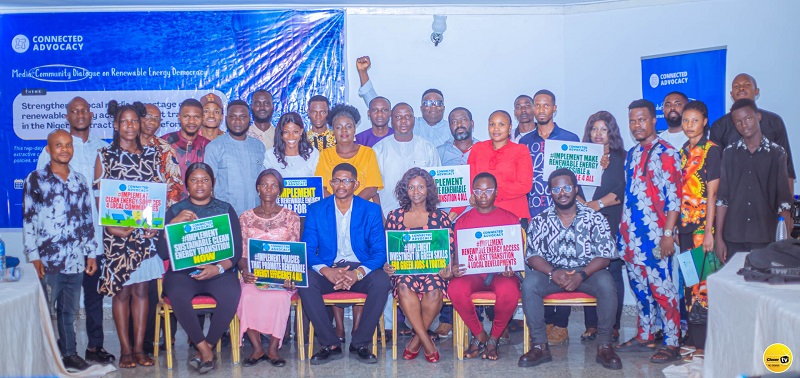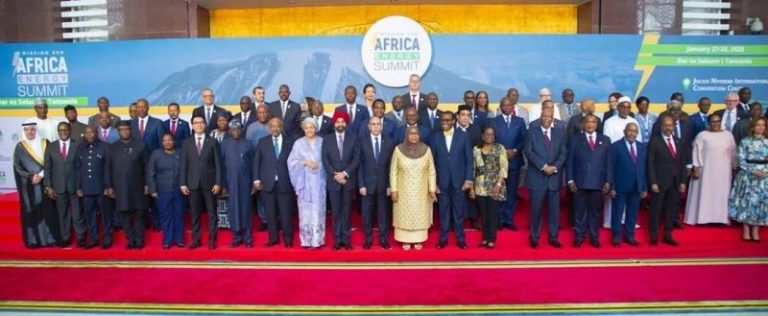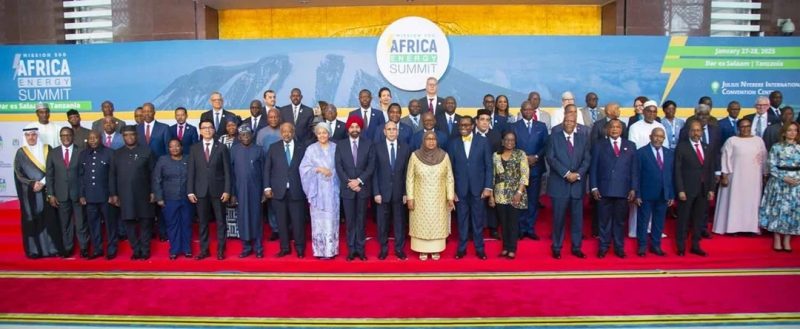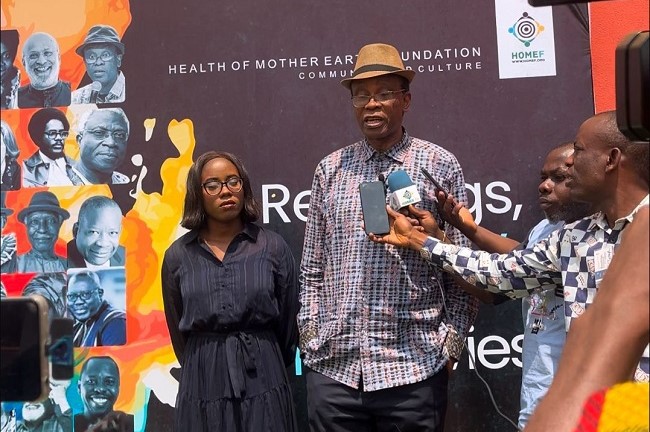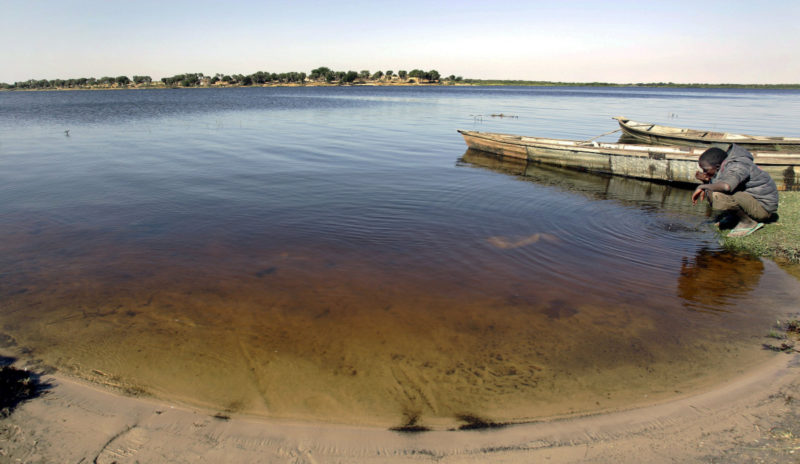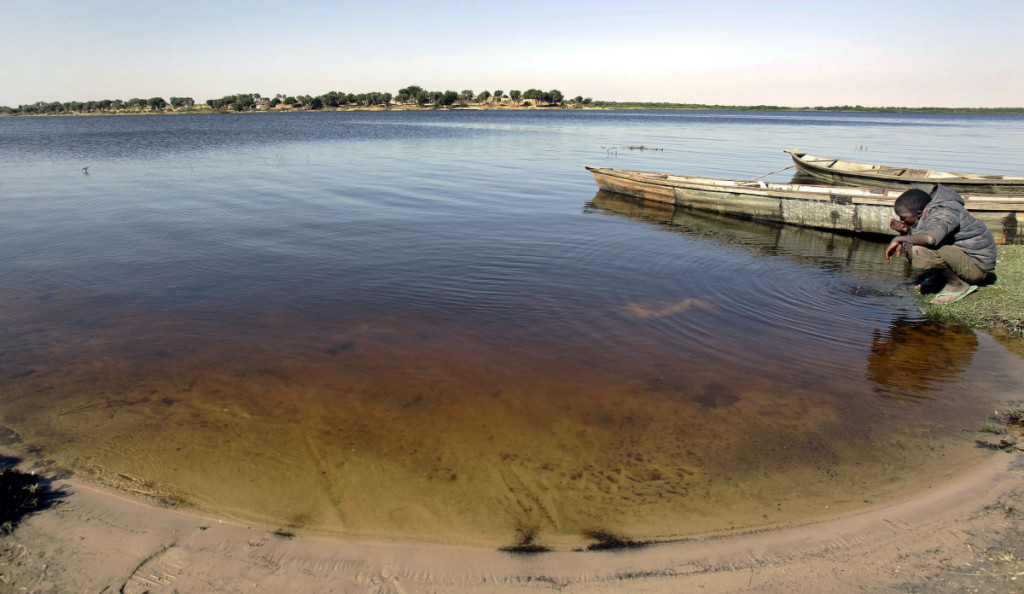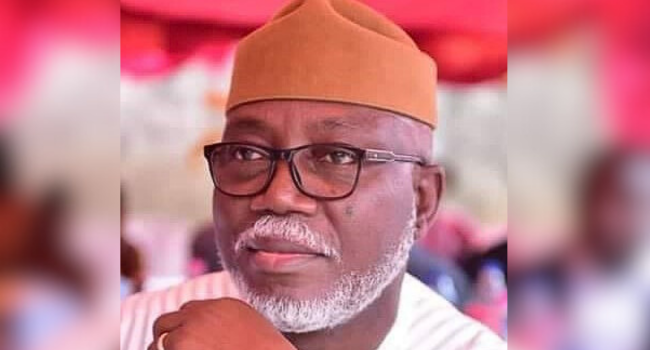The Osahon Enabulele Foundation has decried the plight of vulnerable communities and lack of advancement in healthcare, education and other vital social amenities, describing it as a hindrance to social change which inhibits social advancement in the Nigerian society.
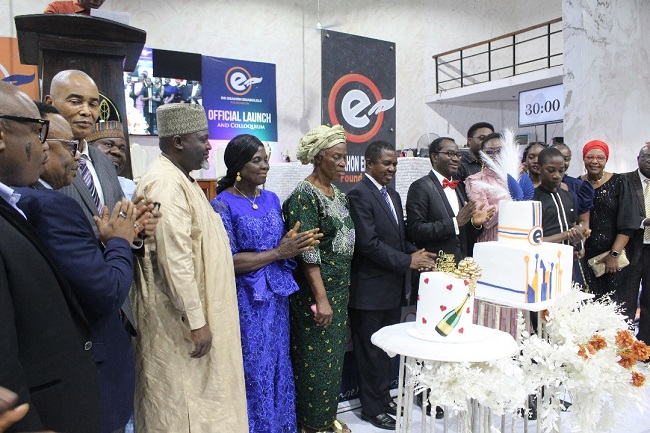
Director General of the organisation, Dr. Osahon Enabulele, stated this at the launching and colloquium of the foundation, which held on Wednesday, January 29, 2025, at the University of Benin, Benin City, in Edo State.
Dr. Enabulele, who is also the past president of the World Medical Association, spoke on the importance of innovations in the health and education sector, as a form of societal empowerment while fostering good governance and leadership excellence. He pointed out that the foundation is strategic in promoting good leadership, governance and policy advocacy through effective dialogue, healthcare, education, capacity building, social welfare, support, calling on individuals, institutions and other organisations for partnership and sponsorship.
The vice chancellor of University of Benin, Edoba Omoregbe, who served as the chairman of the event, was represented by the Deputy Vice chancellor, Administration, Christopher Osun, speaking on the theme “Unlocking the potential of a better tomorrow”, pointing to the need for effective governance and patriotism for a sustainable future.
In his keynote address, Director General of Nigerian Institute of International Affairs, Prof. Eghosa Osaghae, spoke on leadership and authority, where he highlighted the collapse of leadership all over the world and not just in Nigeria, adding that charismatic leaders who possess certain qualities that makes them unique can make the necessary change with the help of the public.
On his part, the Executive Director of Environmental Defenders Network (EDEN), Barr. Chima Williams, who was represented at the event, commended the Osahon Enabulele Foundation for its timely inception, at a time when there is a need to strengthen the work of community-based organisation in bringing light to the vulnerable communities.
“The Osahon Enabulele Foundation has arrived at a time of most need to support the work of the civil society community in addressing the plight of vulnerable communities and persons across the country. No doubt, Dr. Osahon is a renowned personality who has for years championed the cause of the downtrodden and marginalized. Through the foundation, he is set to do more and for us at EDEN, we will give the foundation the needed support to advance its work and to amplify the voices of the common people in the community.”
The event was attended by various dignitaries including representatives from the Palace of the Oba of Benin, International Federation of Women Lawyers (FIDA), representatives from the University of Benin including the Registrar, Deputy Vice Chancellor Ekenhua campus, the Chief Medical Director of the University of Benin Teaching Hospital and other high position holders in UBTH, Amos Yusuf Sunday, the Executive Director of Clear View Integrity Foundation in Yola and the Chief Imam of Benin Central Mosque, Alh. Abdulfatai Enabulele, representatives of NMA, and a host of others.

